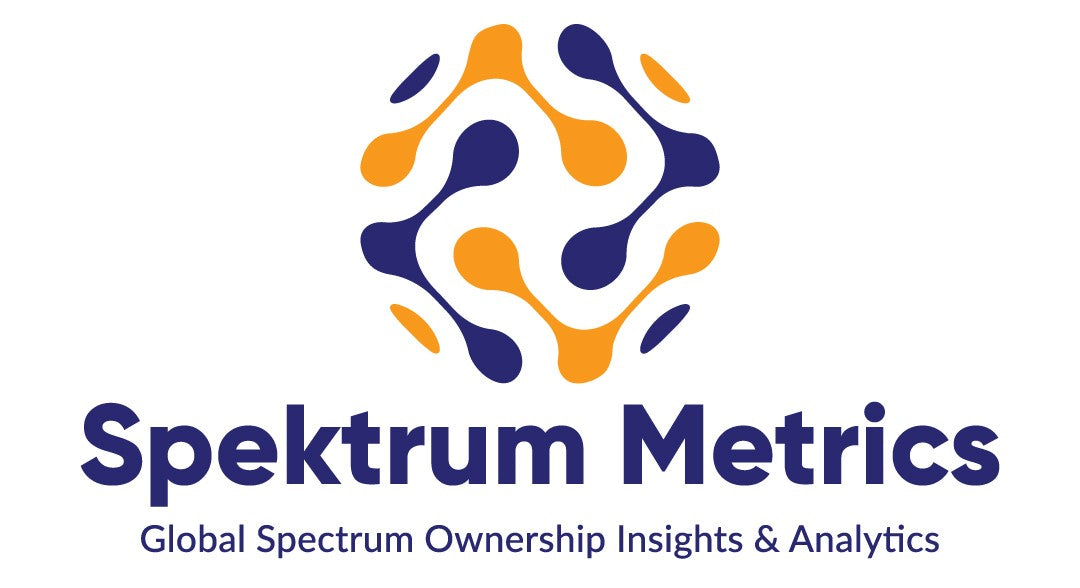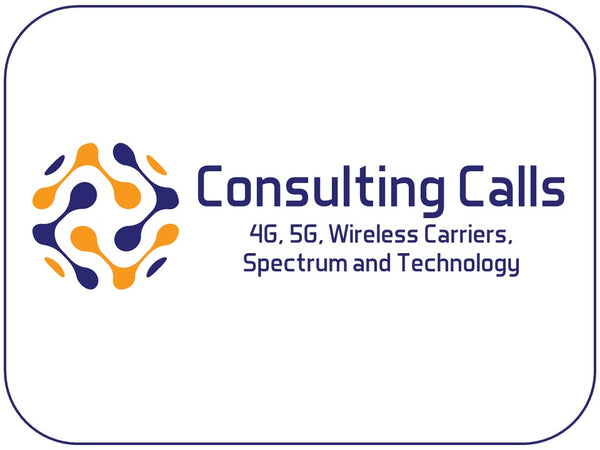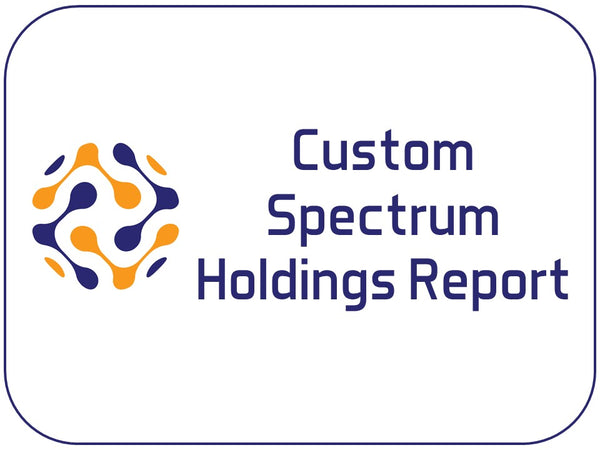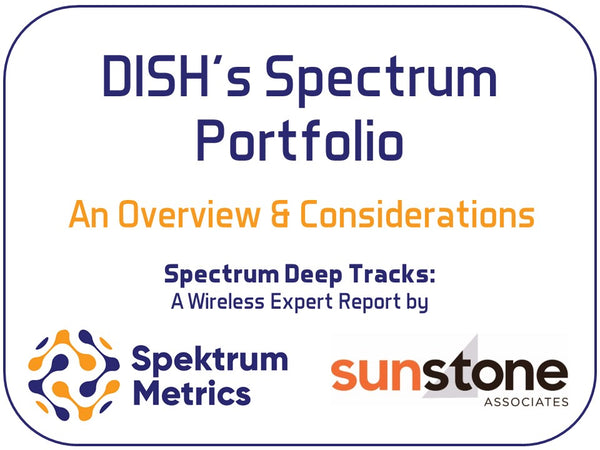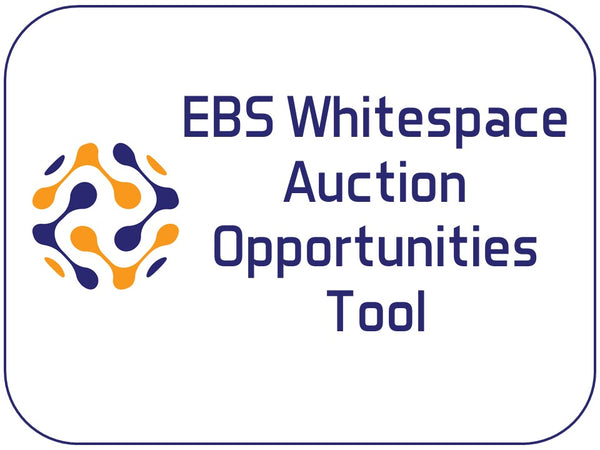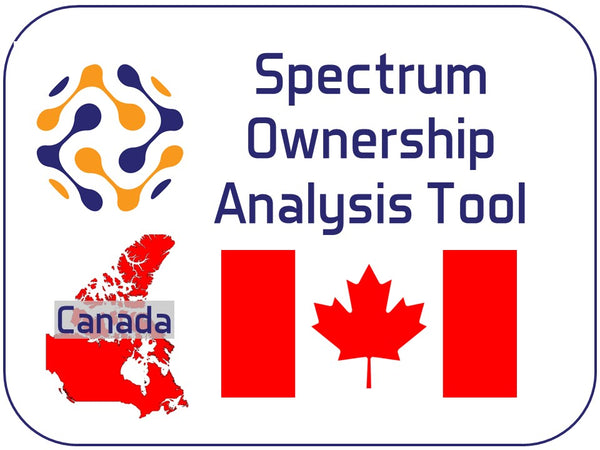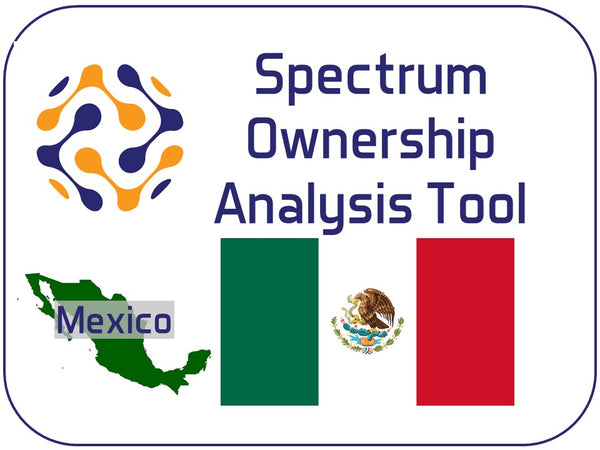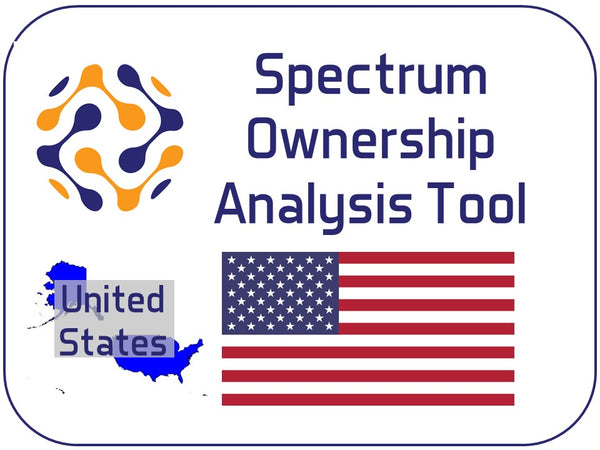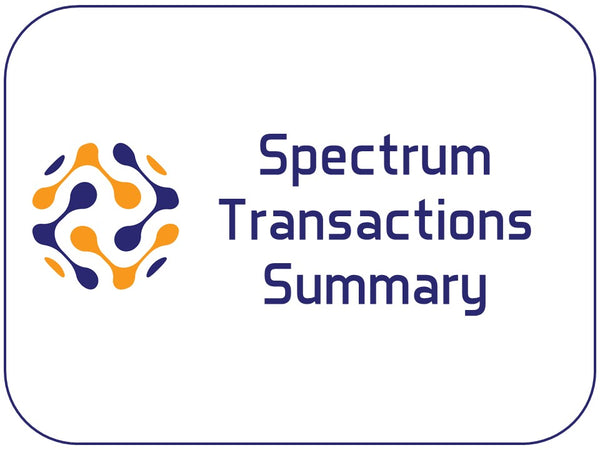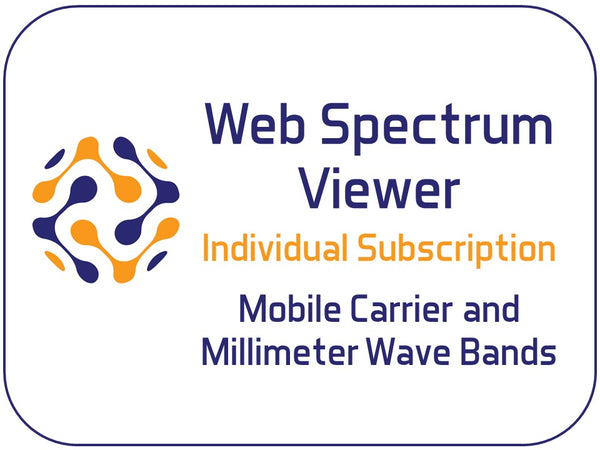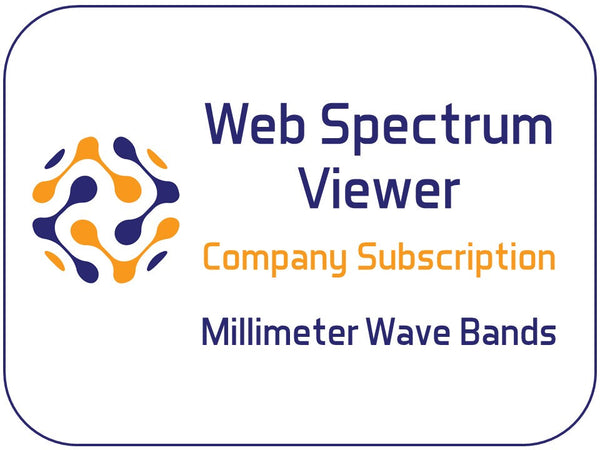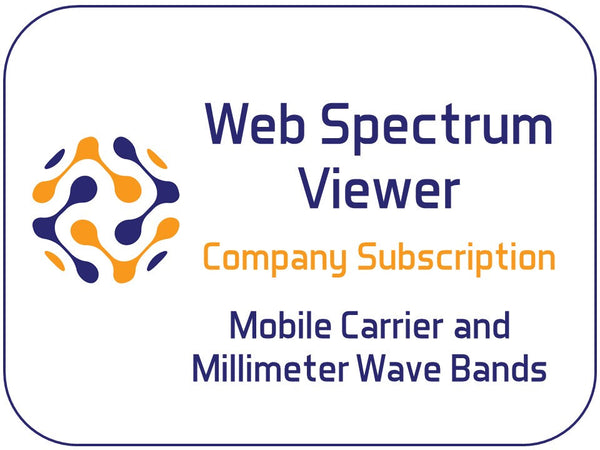Peak Throughput (Mbps) on Upper Mid-band Spectrum November 14, 2024 09:19
In our previous post on Upper Mid-band Spectrum we looked at T-Mobile's upper mid-band spectrum advantage (in most markets) compared to Verizon or AT&T by looking at each carrier's relative Upper Mid-band spectrum depth measured in MHz for each county.
Looking at spectrum depth is fine for engineering and strategy folks, but customers are primarily focused on speed which means we need to also look at throughput which is measured in Mbps. To analyze the peak throughput, we are going to use our Web Spectrum Viewer - Channel Analysis module. The Channel Analysis examines a carrier's available spectrum to determine the largest 3GPP channels that the carrier can create with the spectrum in each New Radio (NR) band class. The Web Spectrum Viewer then associates a peak throughput for each 3GPP channel size assuming 4x4 MIMO antennas, 256 QAM (modulation), and an downlink to uplink ratio of 75%.
In the first example below for AT&T in King County, WA; we can see that AT&T has two channels available in N77. N77 includes the 3.45GHz, CBRS, and C-band frequencies. AT&T has a 80 MHz channel of C-band and a 40 MHz channel of 3.45GHz, providing a peak throughput per sector of 1380 Mbps and 674 Mbps, relatively. This is referred to as a peak throughput value because it would require all devices to be close enough to the cell site so they would be operating at 256 QAM. Devices operating at lower modulation would effectively decrease the peak throughput from the maximum.
AT&T Upper Mid-band Spectrum Peak Throughput:



The table below summarizes the peak throughput that would be available to sector on each carrier's network. To put T-Mobile's throughput advantage into concrete numbers, the additional 776 Mbps that T-Mobile has available in each sector would allow them to have nearly 40 addition mobile customers per sector, assuming each of those mobile customers averaged 20 Mbps.
Upper Mid-band Spectrum Peak Throughput Summary:
| County | T-Mobile | Verizon | AT&T | |
| King, WA | 4.019 Gbps | 3.243 Gbps | 2.054 Gbps |
